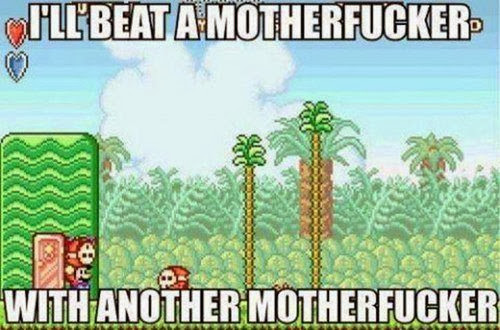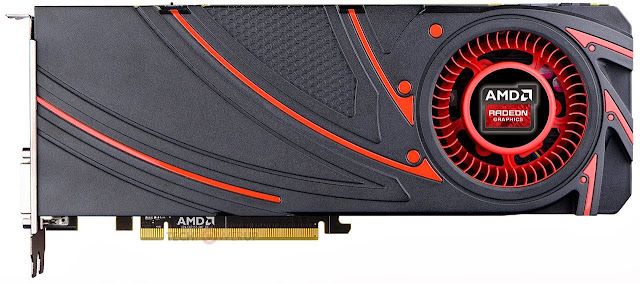It was bad. Not just business wise but as Raph Koster points out in his blog post:
But this was the year when an editor at a games publication actually said to me “stop writing.” This was the year that the metaphors of violence were the most popular way to describe what we should be doing to each other’s life work and passions. Burning down. Destroying.

The game industry in 2013 felt like that to me too.
I’m a game developer and reading that an editor at a games publication can actually say “stop” to someone who contributes to the game design community as much and as hard as Raph does (and when people minimize that I just think STFU you don’t know shit), says it all. Something is super rotten in the game industry. I don’t know how to react except prototyping on my own and reading arguments.
I’m a game audio designer and all I heard about all year long was audio implementation and 3D sound and HDR and things that are absolutely not core to a great game audio experience. Tons of games don’t use that at all and have great audio. Needs for more audio interactivity and flexibility are shared by all my peers in the field and yet, nothing changes. We use the same inherently broken audio stream design. It’s been a while now. Like over a goddamn decade. It became taboo.
We like to remind ourselves of how a couple of people pretty much had solutions to seamless, atomic game audio end 80s or how Nintendo masters game audio design since Mario but the game industry is not about mentors or spreading knowledge, it’s about being violently childish (Fmod vs Wwise yay). Back to Raph being humiliated online, back to Chris Crawford –kind of the father of us all, amirite- treated like “fuck that old weird dude”. Back to that article where professional game developers can’t wrap their heads around the idea of people having fun driving a cleaning truck in a simulation. I don’t know, jumping on platforms for 30 years seems pointless to me too and also, your mom albeit being old is still a ton of fun. You get the point, to each his own. Good designers know that. They analyze, they don’t laugh at taste or worse, bully you (super condescending title, Gamasutra) because you don’t play the last AAA or the last indie darling. There is no hierarchy in games, it’s like music.
Anyway, a lot of people profit that situation of intellectual stagnation and game design idling. From that editor to Raph to guys selling sound banks and focusing on how important having $50K worth of microphones will change your game audio forever, it’s not about games. It’s about business and I’m just as naive as ever: if we move on, their business will fail. If tomorrow someone comes up with a cheap, responsive audio engine that does what games need and not what sound people want Fmod and Wwise would bleed.
Computer games complexity is such that a lot of people are living out of it, without asking the good questions or caring about where it goes, what we can do with them. The mutation is slow. I blame rent and living wages.





